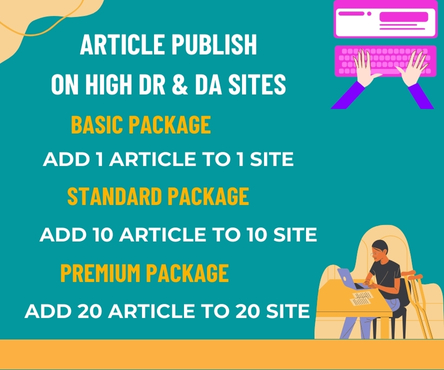Search engine optimisation (SEO) is still a crucial element for companies looking to increase their online presence and draw in organic traffic in the dynamic world of digital marketing. Tools for SEO have become vital resources in this effort. These technologies support online presence analysis, optimisation, and monitoring for marketers and website owners. The value of SEO tools cannot be emphasised because they provide the following major benefits:
- Keyword Research: One of the foundational aspects of SEO is identifying the right keywords to target. SEO tools like Google Keyword Planner, SEMrush, and Ahrefs provide insights into search volume, competition, and keyword trends. This information helps marketers make informed decisions about their content strategy.
- Competitor Analysis: SEO tools allow businesses to stay ahead of the curve by analyzing their competitors’ strategies. Tools like Moz and SpyFu help identify your competitors, evaluate their performance, and uncover opportunities to outperform them.
- On-Page Optimization: Proper on-page SEO is essential for ranking well in search engine results. SEO tools provide recommendations and insights into title tags, meta descriptions, headers, and content quality, ensuring your web pages are optimized for search engines.
- Backlink Analysis: High-quality backlinks are crucial for SEO success. Tools like Majestic and Ahrefs help you track your backlinks, identify toxic links, and explore opportunities to build more authoritative connections.
- Rank Tracking: Monitoring your website’s search engine ranking is vital to assess the effectiveness of your SEO efforts. Tools like Moz Pro and SERPChecker allow you to track your rankings for specific keywords and adjust your strategy accordingly.
- Technical SEO: SEO tools help identify technical issues that can hinder your website’s performance in search engines. They can highlight issues like broken links, slow page speed, and mobile-friendliness problems.
- Content Analysis: SEO tools assess the quality and relevance of your content, ensuring that it resonates with your target audience and search engine algorithms. They help you create content that both users and search engines appreciate.
- Analytics and Reporting: Most SEO tools offer robust reporting features, making it easy to measure the impact of your SEO efforts. You can track key metrics like organic traffic, conversions, and bounce rates.
- Local SEO: For businesses with a physical presence, local SEO tools like Google My Business and Moz Local help optimize your online presence for local searches.

